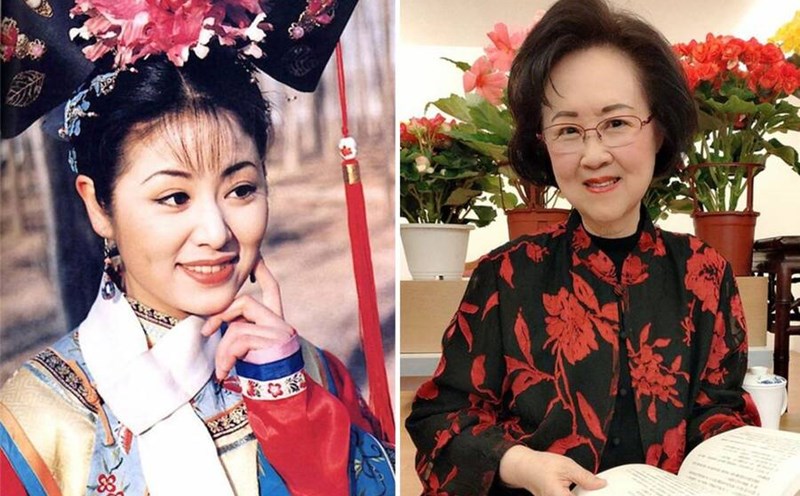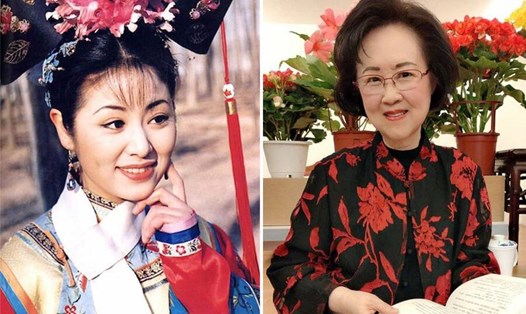On the afternoon of December 4, writer Quynh Dao was suddenly discovered to have committed suicide and passed away at her home, at the age of 86.
During her lifetime, she had a prolific writing career with many works adapted to the screen. Quynh Dao's films became a launching pad for a series of young actors to become famous, even reaching the peak of their careers.
Liu Xue Hua
Liu Xue Hua is one of the beauties who has acted in the most of Quynh Dao's films. Her gentle, somewhat fragile, and sad beauty is extremely suitable for the roles with the typical tragic, difficult, and tragic fates in Quynh Dao's stories.
From her youth to middle age, Liu Xuehua appeared in many famous works such as "The River of Separation", "The Embrace of Memories", "A Few Pink Afternoons"...
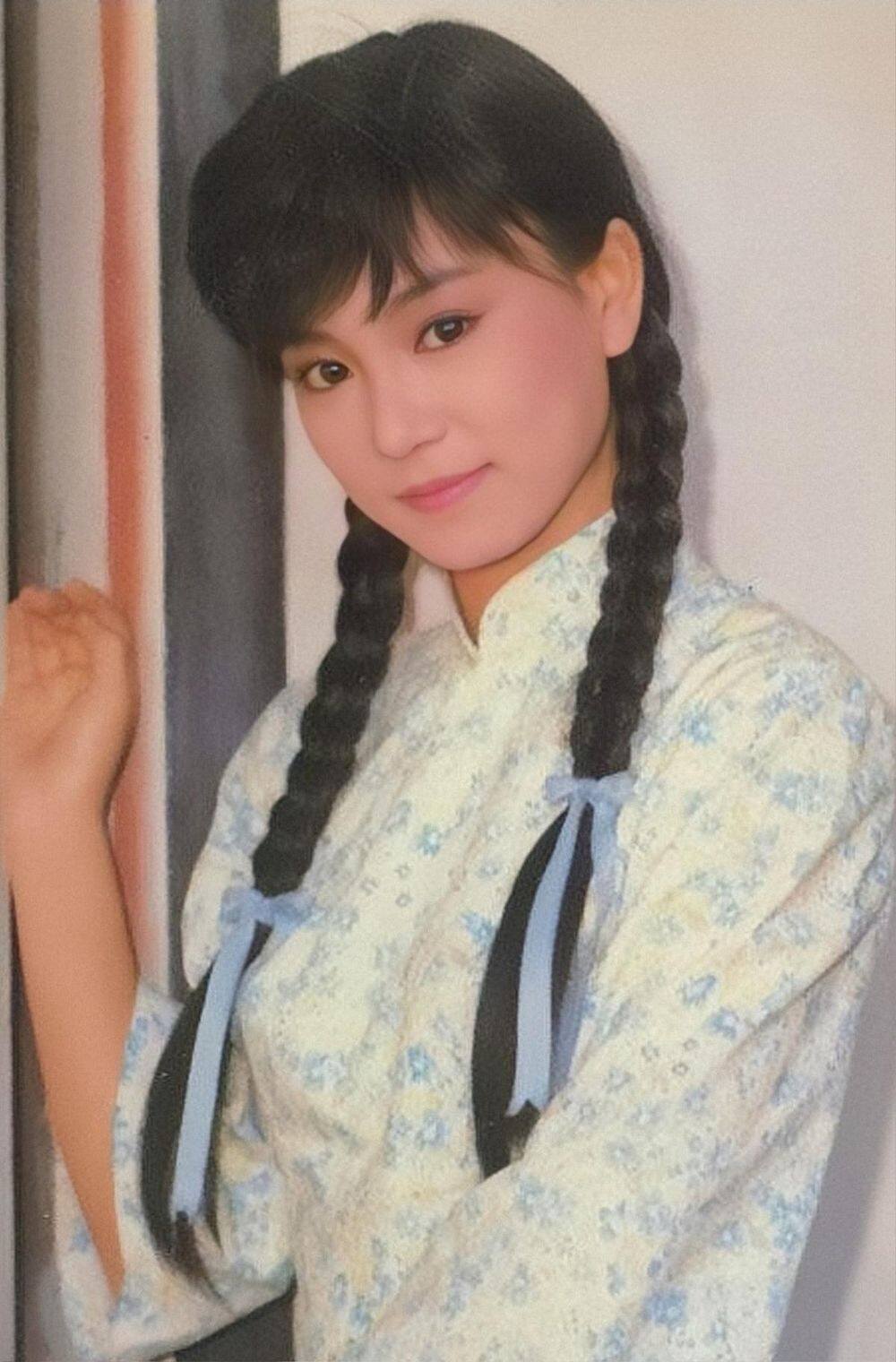
Thanks to these roles, Liu Xue Hua left a deep impression on the audience, even being given the title "queen of tears" of the tragic films at that time.
Brigitte Lin
Possessing a beauty that is both individual, sharp, charming and mature, Lam Thanh Ha quickly caught the eye of Quynh Dao and was accepted for the female lead role in the movie "Song Ngoai".

This debut role was the beginning of Brilliant Career of Brilliant Actress later.
In her essay "Quynh Dao and I", Lam Thanh Ha affirmed that "Song Ngoai" changed her life. The actress also has no regrets for spending the most brilliant 10 years of her youth acting in more than 10 different films by female writer Quynh Dao.
Tran Duc Dung
Tran Duc Dung is one of the "muses" that Quynh Dao wholeheartedly supported. Tran Duc Dung's innocent, pure but equally charming beauty "captivated" the poetess and she was invited to play the main role in "Mai hoa lac", "Thuy van gian", "Mot nhanh mong mo". The actress was also invited to appear in "Hoan Chau cach cach" but she refused because she had accepted to participate in another project.
Thanks to her role in the movie Quynh Dao, Tran Duc Dung became famous throughout Asia, becoming a promising star following her seniors Luu Tuyet Hoa, Du Tieu Pham... Long after, she was still favored by Quynh Dao to be recognized as the most beautiful woman who ever acted in her movies.
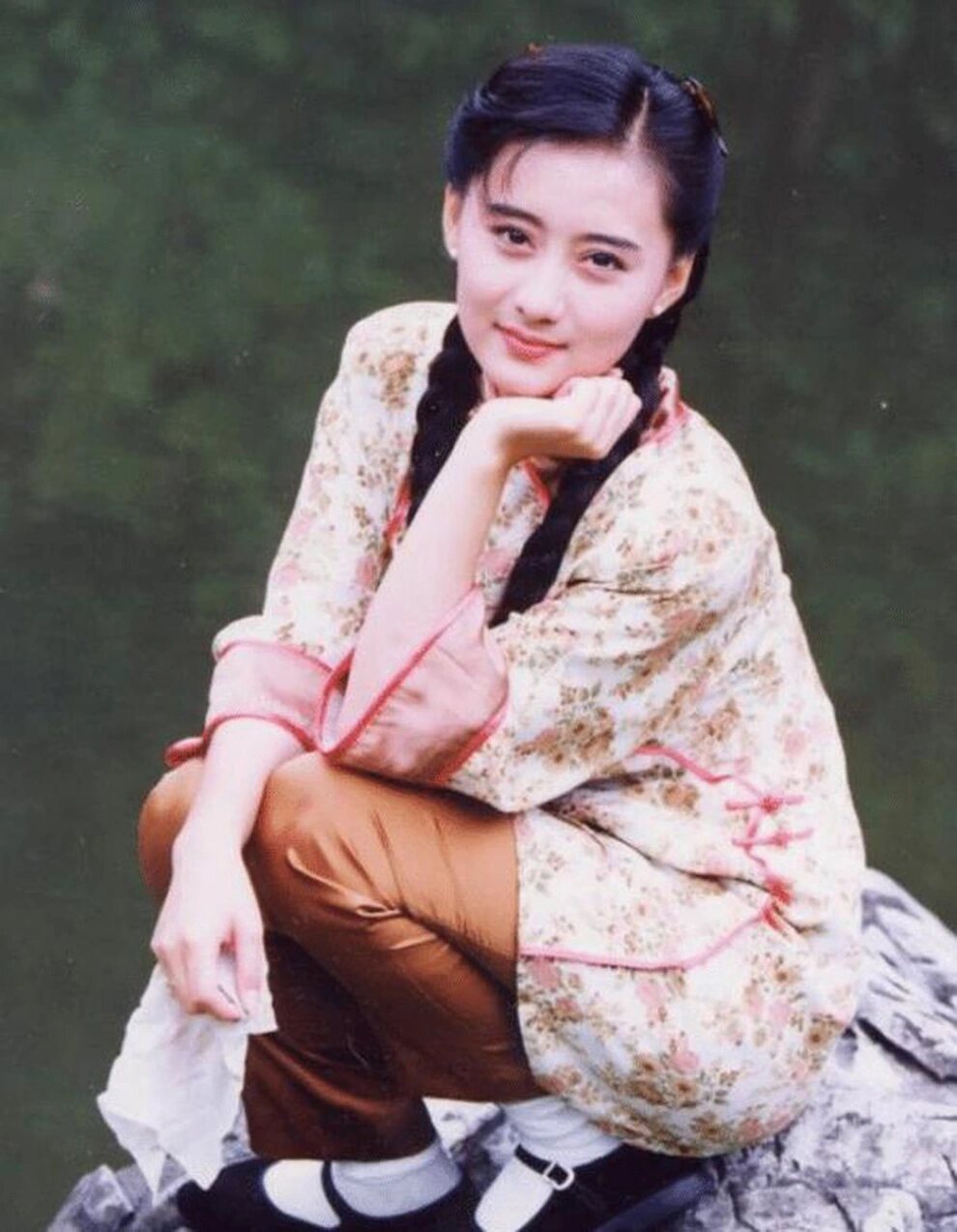
Tuong Can Can
Playing the female lead in "Noi long thong troi xanh" - Quynh Dao's first film in Mainland China, Tuong Can Can had a blossoming career and quickly became a name that many audiences noticed at that time.
Poet Quynh Dao loved Tuong Can Can's beauty so much that she gave her the stage name Thuy Linh and described her: "Thanh linh nhu thuy, uu my nhu mong" (Pure as water, beautiful and sad as a dream).
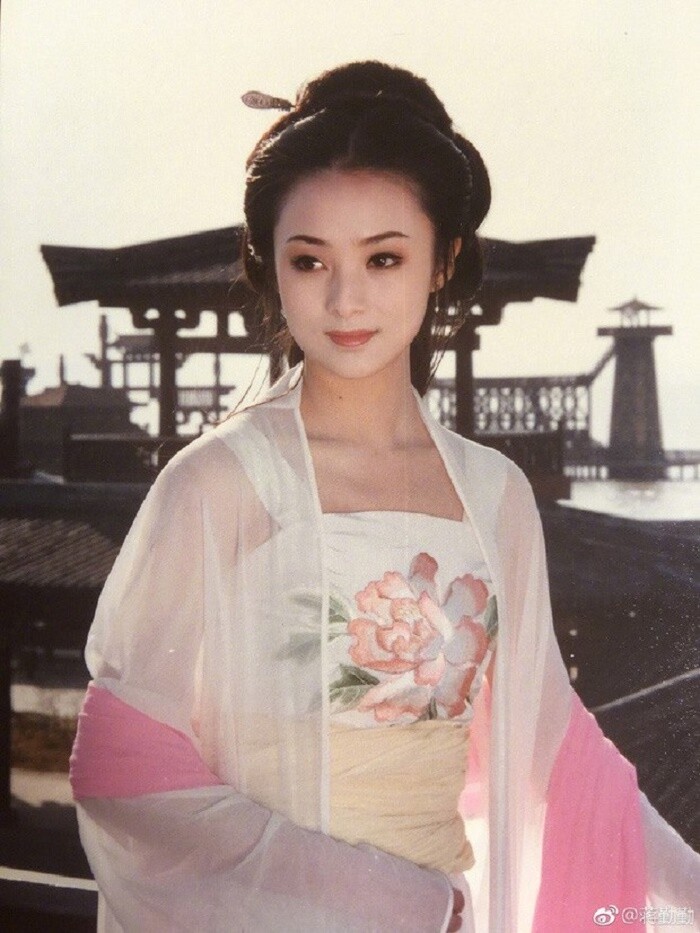
Zhao Wei
It is no exaggeration to say that "Princess Pearl" is the film that made Zhao Wei a star overnight. When the film aired, the actress became famous throughout Asia thanks to her role as Tieu Yen Tu, who was both beautiful, innocent, and mischievous.
Later, Zhao Wei continued to collaborate with Qiong Yao in "New River of Separation". Aired in 2001, the film also left its mark and was recognized as a classic work of Chinese cinema, contributing to "Little Swallow" being recognized as the "big flower" of Cbiz.
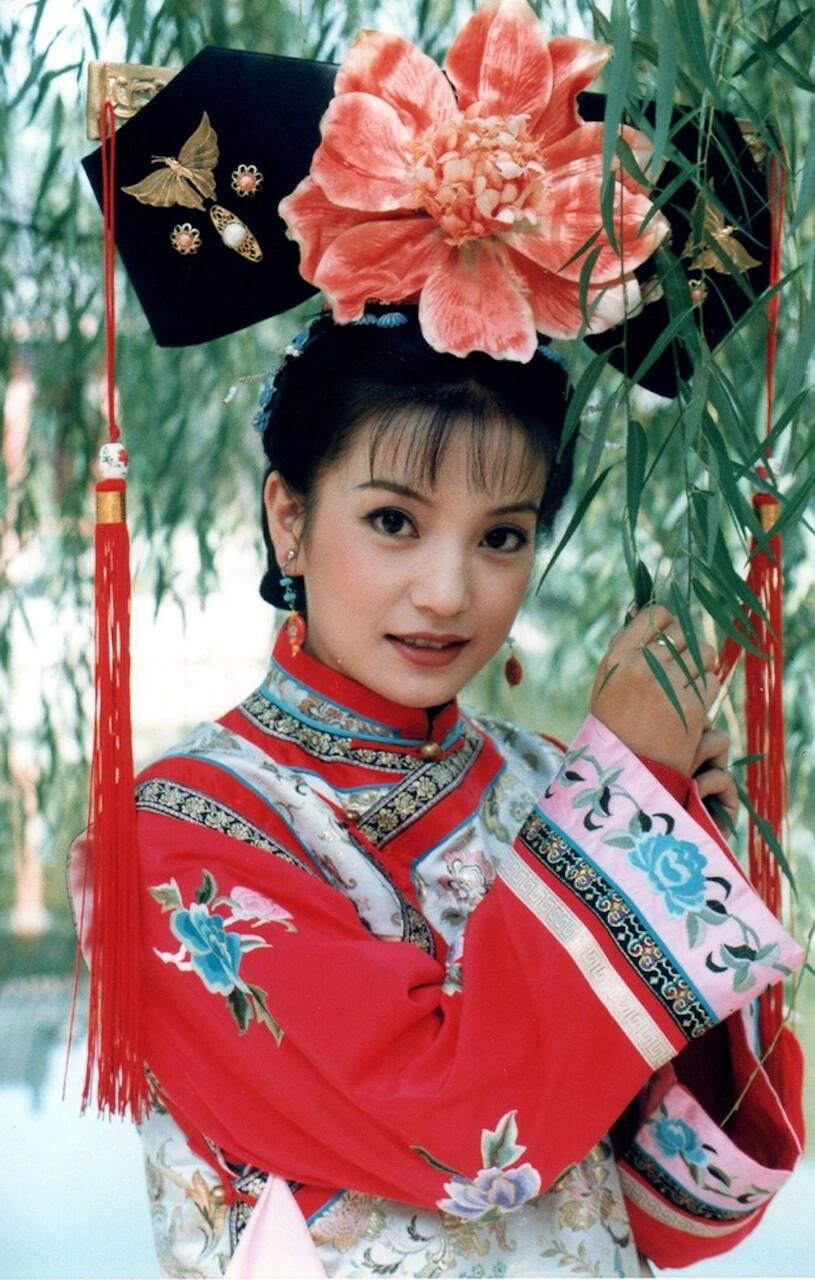
Ruby Lin
Playing the role of Ha Tu Vy in "Hoan Chau Cach Cach", Ruby Lin also left a deep impression on the audience with her gentle and kind beauty. Before that, she only auditioned for the role of Princess Trai A, but it was Quynh Dao who considered bringing Ruby Lin from the supporting role to the main role.
With the success of "Hoan Chau Cach Cach", the 7x actress then became Quynh Dao's "muse" and appeared in many other works such as "Tan dong song ly biet", "Khong phat hoa khong phat suong"...
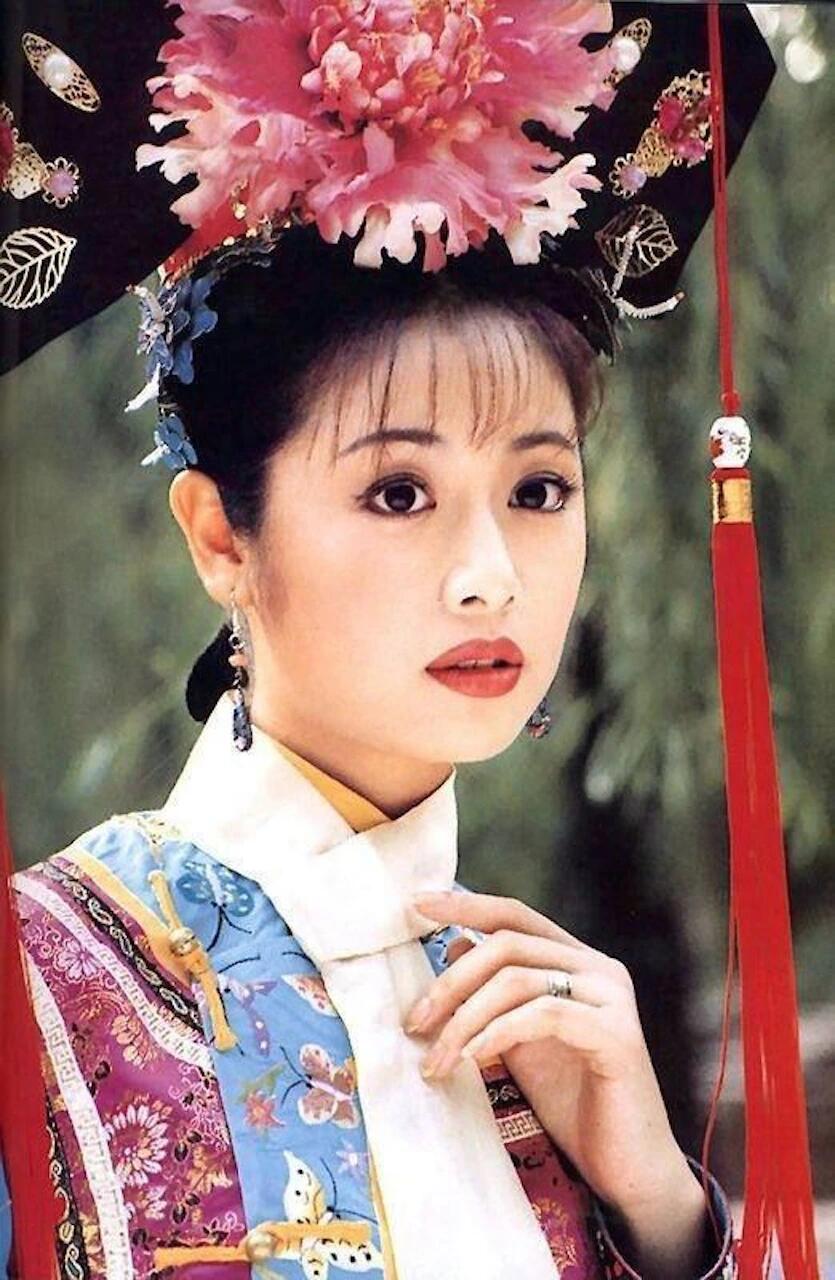
Fan Bingbing
Although she only played the role of maid Kim Toa in "Hoan Chau Cach Cach", her outstanding beauty and natural acting helped Pham Bang Bang become as famous as Trieu Vy and Lam Tam Nhu. This role was a stepping stone to open a bright artistic path for the female star born in 1981, helping her become the "Queen of Cbiz" later.
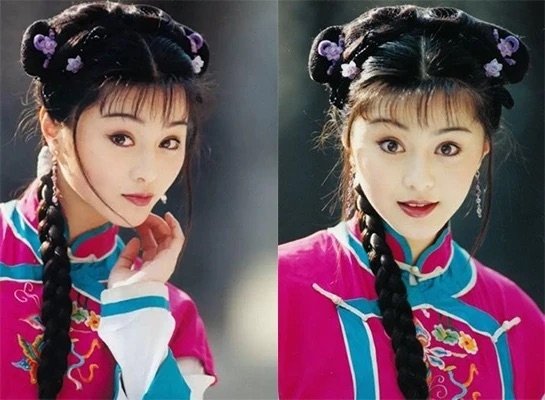
When "Princess Pearl" ended, Fan Bingbing signed a contract with Qiong Yao's company and continued to play the role of Xia Yu He (Xia Zi Wei's mother) in "New Princess Pearl" and Xue Hua in "Not a flower, not a dew".


